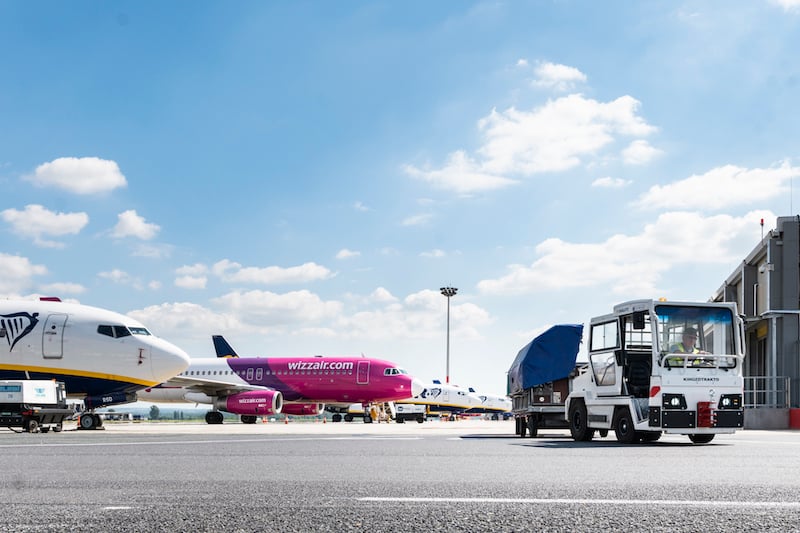Budapest Airport Returns To Majority State Ownership In Multi-Billion Deal

Hungary’s Budapest Ferenc Liszt International Airport (BUD) is back in majority state ownership after almost two decades in a deal that values the Central and Eastern European hub at €4.3 billion ($4.7 billion).
Corvinus, an investment fund owned and managed by the Hungarian state, is taking an 80% stake in the airport, while French infrastructure group Vinci Airports will acquire the remaining 20%, making it the airport operator. The move returns the airport to public ownership for the first time since 2005.
The new owners are paying €3.1 billion for BUD’s equity and assuming net debt of €1.2 billion. The sellers are German airport management company AviAlliance, Canadian investment group CDPQ and Singaporean sovereign wealth fund GIC.
“The ownership of the airport is a matter of sovereignty, which is of strategic importance not only for passenger transport and tourism, but also for the transport of goods, one of the mainstays of economic circulation,” a statement from the Hungarian government says.
The government, led by Prime Minister Viktor Orban, has sought to increase ownership in strategic assets, adding that the repurchase corrects an “unforgivable mistake” made when the previous government sold BUD.
BUD has experienced strong growth in passenger traffic under the previous ownership, nearly doubling the total from 8.4 million in 2008 to 16.2 million in 2019. Much of this has been thanks to the expansion of low-cost operators Wizz Air and Ryanair. Traffic reached 14.7 million passengers in 2023, marking a return to more than 90% of pre-pandemic levels.
“Together with our co-shareholders, we have invested a total of more than €700 million in the expansion and development of the airport,” AviAlliance Managing Director Gerhard Schroeder says. “We are convinced that our investments and development plans provide a solid foundation for continued success under the new ownership.”
BUD ended 2023 with a net profit of €74 million on revenues up 20% to €337.8 million, reducing the losses accumulated during the COVID crisis to €47 million. During the year, €77 million was invested in infrastructure developments to improve the passenger experience.
According to the airport’s preliminary forecasts, the number of passengers in 2024 will surpass the record-breaking 2019 figures and approach 17 million, while cargo volumes could reach a new milestone of 240,000 tons.
The airport, which was named the Overall Winner at the Routes Europe 2024 Awards, has welcomed several new routes during the summer 2024 season. One of its latest successes will see China Southern Airlines add flights from Guangzhou from June 27, operating four times per week using Boeing 787-8s. The move introduces a fifth Chinese destination for passenger flights alongside Beijing Capital, Chongqing, Ningbo and Shanghai Pudong.
Speaking to Routes in April, Máté Ritter—BUD head of airline development—said the airport is targeting several unserved European niche markets, such as Toulouse, Santander, Spain, and Cardiff, Wales, and is seeking to reestablish nonstop connectivity to North America. Prior to the pandemic, the airport had year-round service to New York John F. Kennedy International Airport, as well as seasonal flights to Chicago O’Hare, Philadelphia and Toronto Pearson.
“We have a solid business case to demonstrate based on pre-pandemic benchmarks, when four cities were connected to Budapest,” Ritter said. “Sadly, aircraft delivery delays of narrowbody long-range aircraft have not been in favor of our case until now, but we are optimistic that in summer 2025, American and Canadian carriers will decide to restart operations.”
Hungarian ULCC Wizz Air is the largest operator from BUD during June 2024, according to OAG Schedules Analyser data, accounting for 31.1% of all departure seats. Ryanair is the second largest with a share of 27.7%, followed by Lufthansa on 4.7%, Smartwings Hungary on 2.9% and Eurowings on 2.6%.






